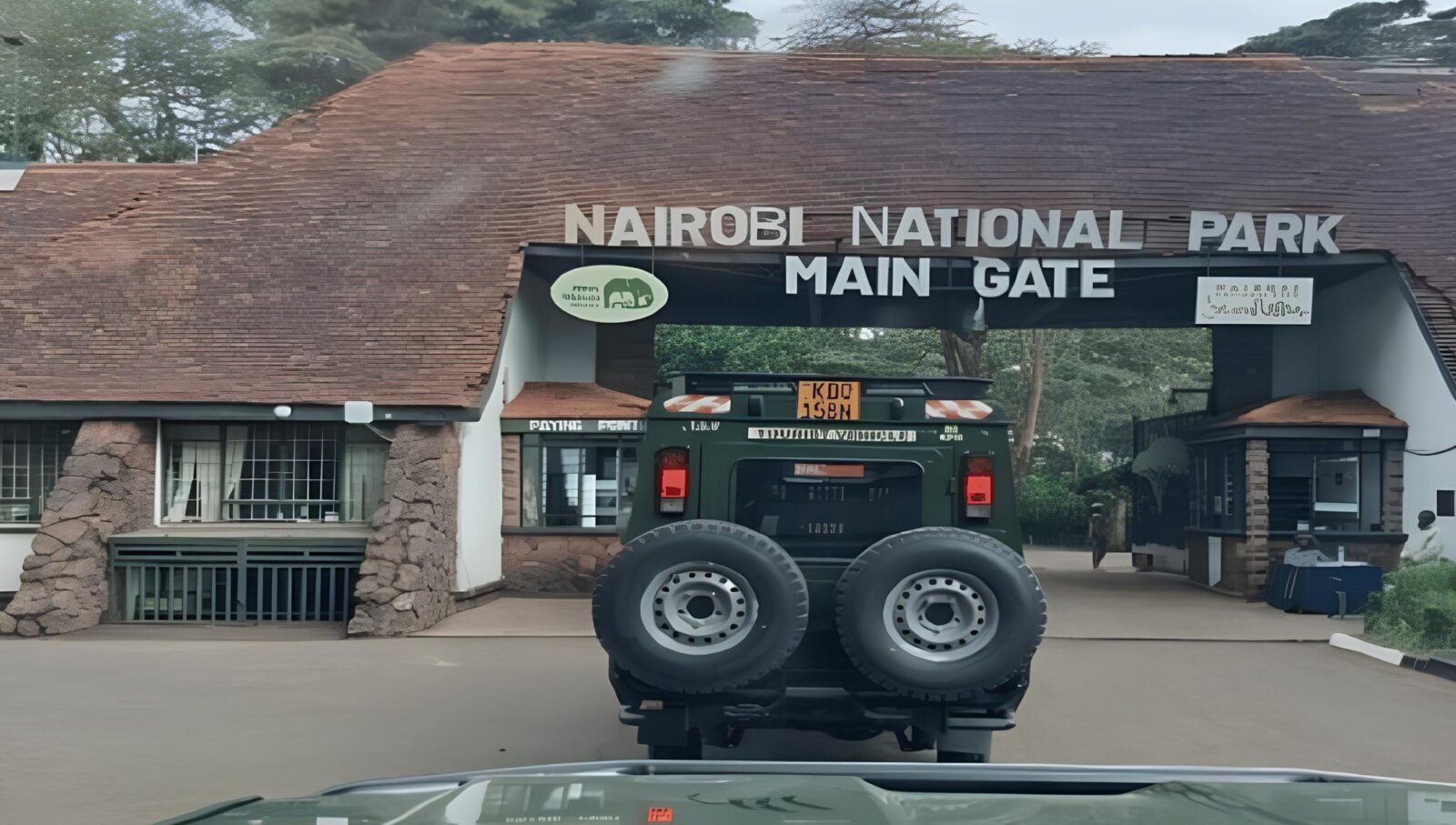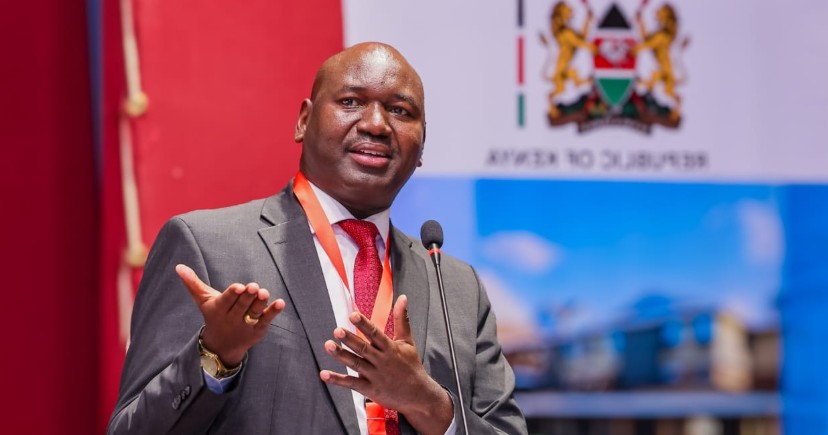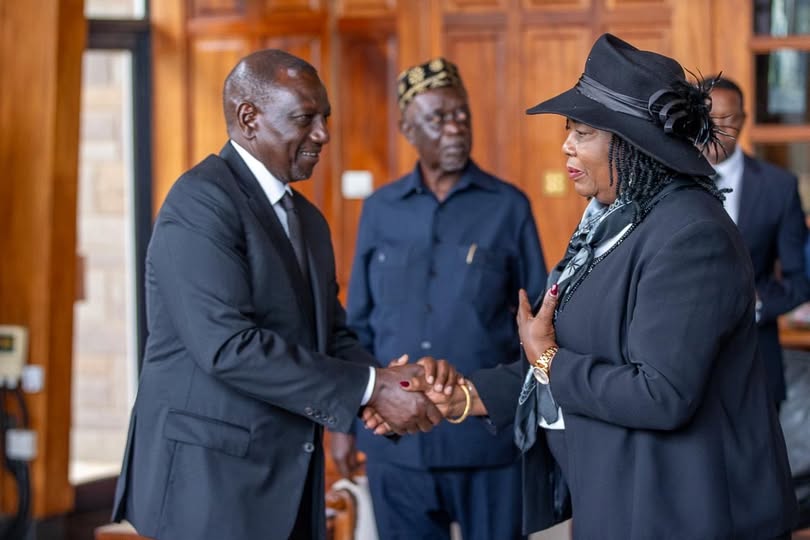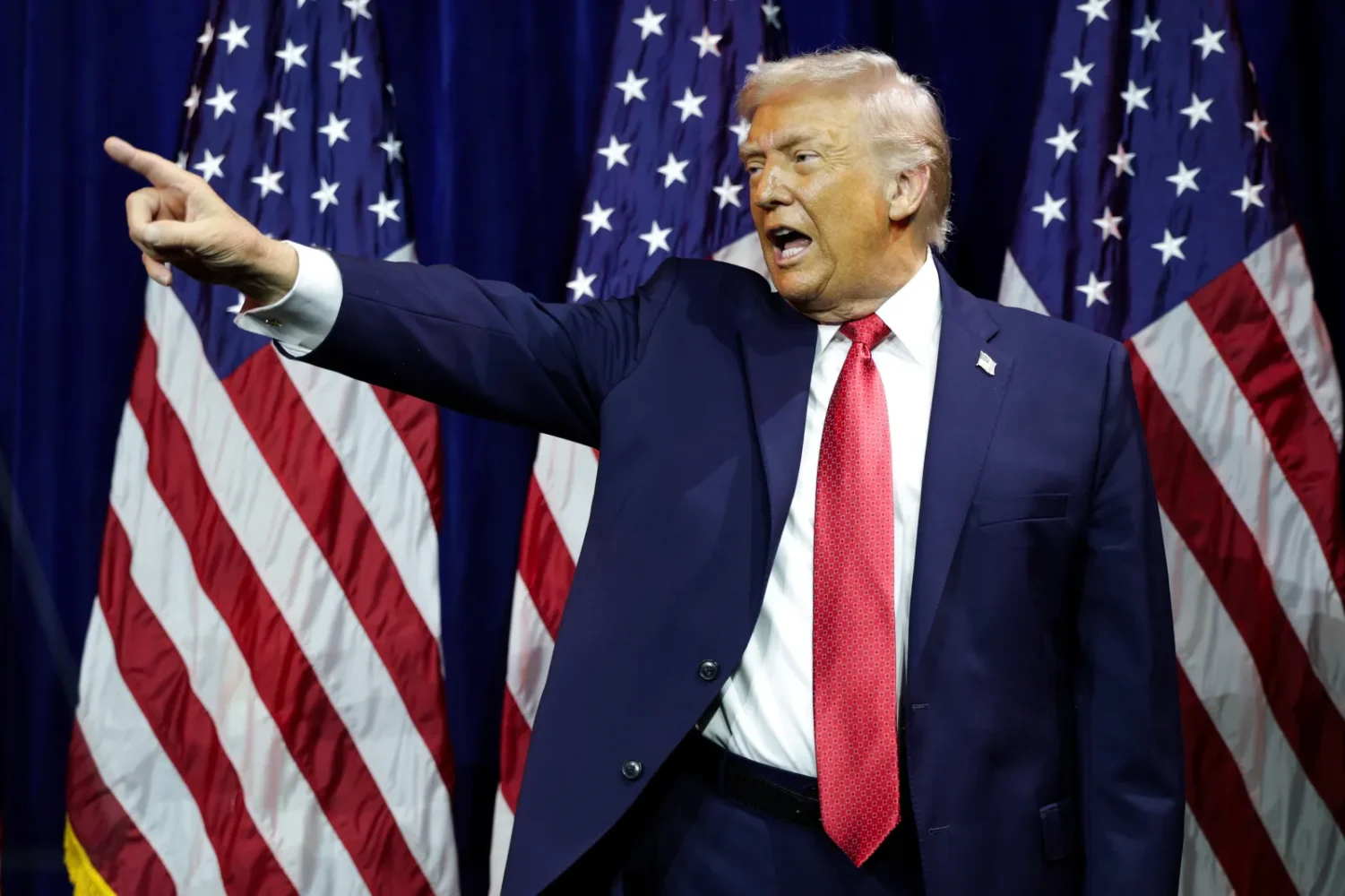The Kenya Wildlife Service (KWS) has unveiled a proposal to increase entry fees to some of the country’s most iconic national parks, marking the first major adjustment in 18 years.
The move, KWS says, is aimed at addressing a significant KSh12 billion budget shortfall that has hindered conservation and park operations across the country.
According to the new rates, entry into Nairobi National Park will be more than double, from KSh430 to KSh1,000. In Amboseli and Lake Nakuru National Parks, local visitors will see an increase from KSh860 to KSh1,500.
Meanwhile, both Tsavo East and Tsavo West National Parks will raise their fees from KSh515 to KSh1,000 for Kenyan citizens. The fee will also apply to foreign tourists, whose charges will rise from U.S. $60 to $90 in the parks, respectively.
KWS officials argue that the revised charges are essential for sustaining conservation efforts, upgrading park infrastructure, and enhancing the quality of services offered to both local and international tourists.
“For over a decade, our conservation fee structure has remained static, despite rising costs, evolving visitor expectations, and increasing threats to wildlife. This review is not just about revenue—it is about the survival of our wildlife and the resilience of our conservation systems. The proposed changes are part of a broader revenue enhancement strategy designed to support core conservation activities,” KWS Director-General Erustus Kanga noted.
The Service maintains that even with the proposed increase, Kenya’s park entry fees will remain competitive regionally, especially compared to neighboring countries where similar parks charge significantly more.
KWS has also indicated that a comprehensive impact assessment and countrywide stakeholder consultations were conducted: “This is a transparent, inclusive effort. We’ve involved all stakeholders, local communities, tour operators, conservation partners, and visitors—because the future of our wildlife belongs to all of us,” Kanga said.
The agency’s announcement comes at a time when the tourism and conservation sectors are still recovering from the effects of the COVID-19 pandemic, which drastically reduced revenue inflows. With wildlife conservation heavily reliant on tourism earnings, the funding gap poses a threat to the sustainability of Kenya’s renowned parks and reserves.
If approved, the new entry charges are expected to take effect later this year.












